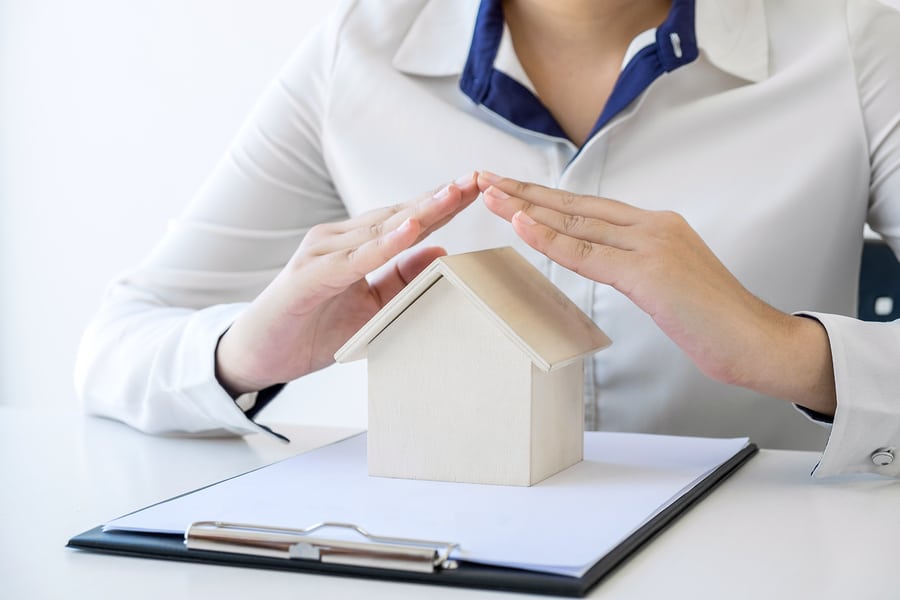It’s easy to worry about your home when you’re away on a vacation or a business trip. Did you lock all the doors? Did you leave the stove on? Does it look obvious that the house is empty? These are all legitimate worries when you’re spending time away from your humble abode. Fret not, however, as here we have compiled some ways of securing and protecting your home while you are away on business or pleasure!
Basic measures
First things first, you should start with the basics. For example, put your interior lights on timers if you want your home to appear to be occupied while you are away. Next, you should ensure that your mail and newspaper deliveries are delayed so that mail isn’t piling up on your porch or in your letterbox. Also, make sure to set your thermostat appropriately and ensure that most of your appliances are unplugged or switched off entirely. Don’t forget to set your house alarm!
Water damage and appliance damage
If you want to save energy, turn down your water heater’s temperature and switch off your hot water recirculation pump. You can also suspend your internet with many ISPs, temporarily halting your internet service. It’s also a great idea to unplug appliances which aren’t necessary while you’re away (i.e. don’t unplug the fridge) or plug them into surge protectors and then turn them off.
If you have any leaky faucets or other similar problems, you aren’t going to be around to keep an eye on them. As a result, you should look to get these issues fixed before departure. Also, it may be a good idea to shut off your home’s main water supply while away. Shutting off individual appliance valves and clearing your gutters are also good measures to take.
Preventing burglaries
Although having the appropriate insurance will certainly help to ease your mind, there are ways to prevent burglaries from ever happening in the first place. First of all, secure your windows and doors, even if they are on the higher levels of your house. Burglars are not incapable of accessing your property via trees or ladders. Next, make sure that you use a reliable home alarm system which covers the appropriate areas of your home. Then, make sure that any high-value items such as jewelry or high-end appliances are secured, out of sight, and hidden. You should also consider installing motion-activated lights outside your home.
Never leave a spare key under a doormat or in a similar place – you’re just asking for trouble. If absolutely necessary, install a high-end key lockbox or give a spare key to a trusted friend/family member for emergencies.
Ask people to conduct minor maintenance
It’s worth asking a trusted friend or family member to keep an eye on your house while you’re away, perhaps even allowing them to stay there and housesit while you’re away. Making your home look occupied (or actually having it occupied) is one of the easiest ways to prevent a break-in. Just be sure to arm the helper with any information they may need for their stay in your home. For example, tell them where your shut-off valves and circuit breakers are located, and provide them with the codes to your alarm system too.
Think before you Tweet
Although we all like to make our friends jealous on Facebook and Twitter when we’re jetting off around the world and doing exciting things, it could also leave us vulnerable if done in real-time. During WWII, the British government used to put up posters reading “Careless talk costs lives”, meaning that you shouldn’t say confidential things in public, as you never know who’s listening. The same applies here with social media too! Even if you have your settings set to “private” and “share with friends only”, it only takes one suspicious Facebook friend or Twitter follower to spill the beans that you’re away from home to a potential burglar. Posting that you’re on vacation may seem harmless and fun, but you could essentially be nailing an “I’m not here!” sign to your front door.
Many people worry about keeping their home out of harm’s way when they’re on a trip, but we have information and resources to help calm your mind. Contact us to find out how we can help!
